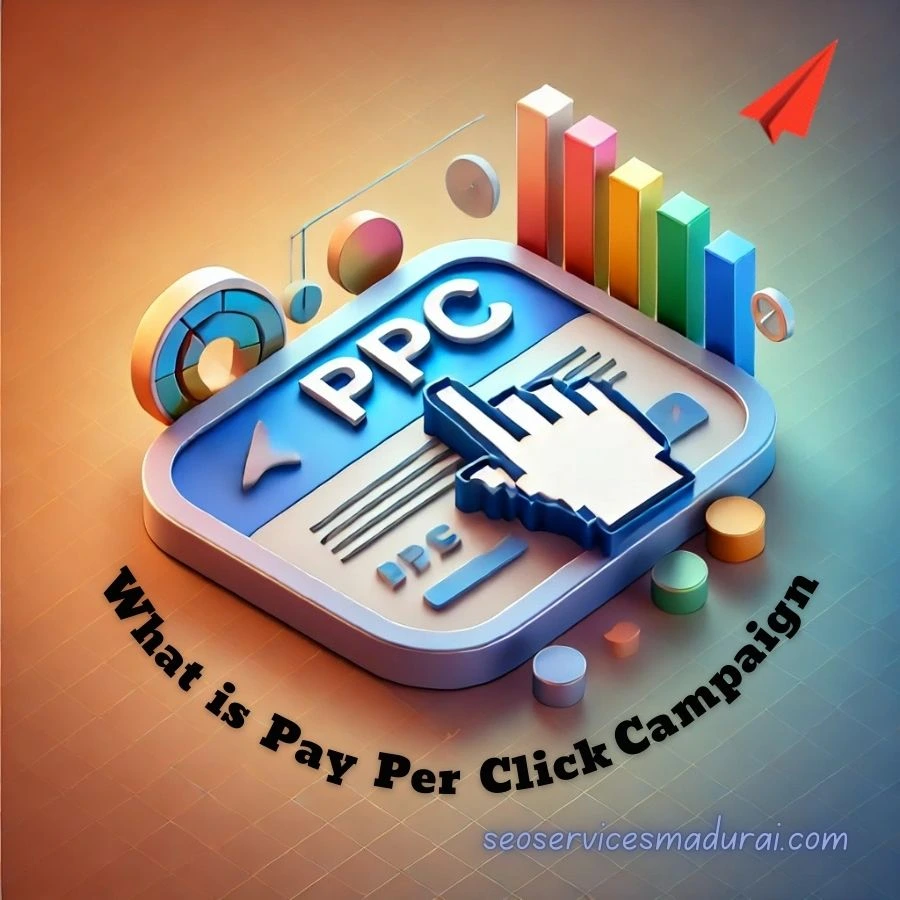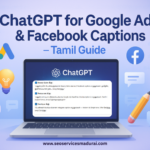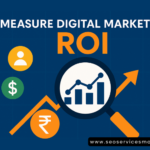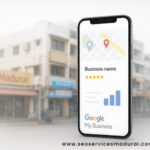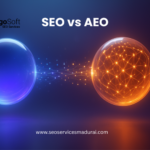Pay Per Click (PPC) campaigns are among the most effective tools in digital marketing. But what is pay per click campaign exactly? Simply put, it’s a form of online advertising where advertisers pay a fee each time their ad is clicked. This model is a powerful way to drive targeted traffic to websites and achieve measurable business goals.
Understanding What is Pay Per Click Campaign
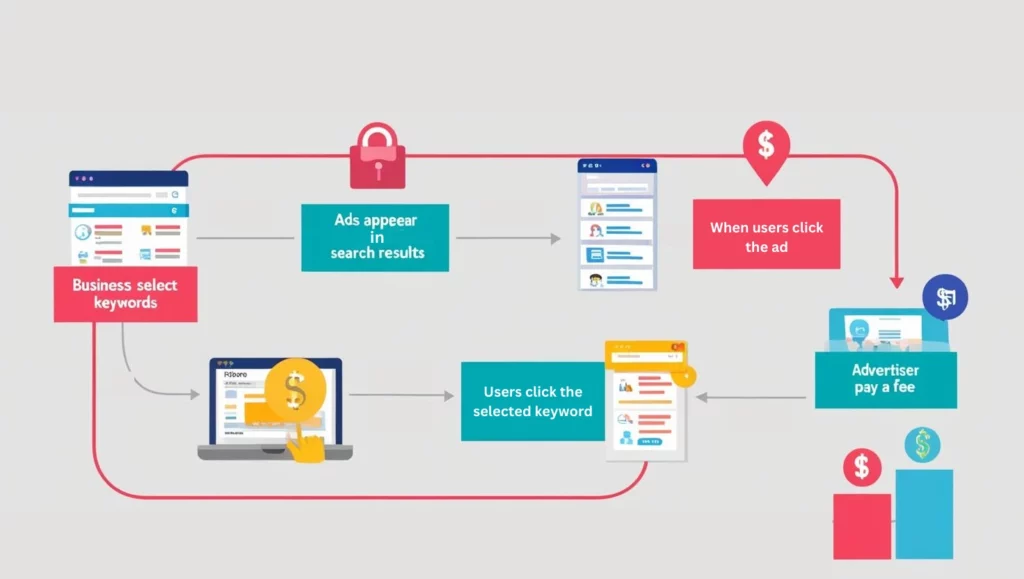
Definition of PPC
A pay per click campaign is an online advertising strategy where businesses bid on specific keywords to display their ads on search engines or other platforms. Advertisers only pay when a user clicks on their ad, making it a cost-effective approach for driving traffic and conversions.
How Does PPC Work?
The process is straightforward:
- Businesses choose keywords relevant to their product or service.
- Ads are displayed when users search for those terms.
- When a user clicks on the ad, the advertiser pays a predetermined cost.
Why is a Pay Per Click Campaign Important?
Driving Targeted Traffic
A PPC campaign ensures your ads reach people actively searching for what you offer. This makes it a highly targeted and efficient marketing strategy.
Enhancing Brand Visibility
By appearing on the top of search results, your business gains instant visibility, helping you stand out in a competitive market.
Measurable ROI
Unlike traditional marketing, a pay per click campaign provides precise data, allowing you to track clicks, impressions, and conversions.
Key Components of a Pay Per Click Campaign
1. Keywords
- What Are Keywords in PPC?
Keywords are the backbone of any PPC campaign. These are the terms users type into search engines that trigger your ads. - Importance of Keyword Research
Thorough research ensures your campaign targets the right audience, maximizing ROI.
2. Ad Copy
- Creating Engaging Ad Copy
Your ad copy must be compelling and relevant to grab attention. Highlight your unique selling points (USPs). - A/B Testing for Ads
Experimenting with different versions of your ad copy helps you determine which performs best.
3. Landing Pages
- Optimized User Experience
A well-designed landing page aligned with your ad content improves conversions. - Call-to-Action (CTA)
Strong CTA’s guide users towards taking the desired action, like making a purchase or signing up.
Steps to Launch a Successful Pay Per Click Campaign
Step 1: Define Your Goals
Determine what you want to achieve—brand awareness, lead generation, or sales.
Step 2: Perform Keyword Research
Use tools like Google Keyword Planner to find the most relevant and cost-effective keywords.
Step 3: Set a Budget
Allocate a budget that aligns with your business goals and monitor spending regularly.
Step 4: Create Engaging Ads
Write compelling headlines and descriptions that resonate with your target audience.
Step 5: Monitor and Optimize
Regularly analyze performance metrics to adjust bids, keywords, and ad copy for better results.
Advantages of Running a Pay Per Click Campaign
1. Instant Results
Unlike organic SEO, PPC delivers immediate visibility and traffic.
2. Highly Measurable
Track performance metrics like click-through rate (CTR), cost per click (CPC), and return on investment (ROI).
3. Cost-Effective
You only pay for actual clicks, ensuring you get value for your money.
4. Scalability
Easily adjust budgets and campaigns to meet growing business needs.
Challenges in Managing a Pay Per Click Campaign
1. High Competition
Popular keywords can be expensive, especially in competitive industries.
2. Requires Constant Optimization
PPC campaigns demand regular adjustments to maintain performance.
3. Risk of Overspending
Without careful budget management, costs can spiral out of control.
FAQs
1. What is pay per click campaign in simple terms?
A pay per click campaign is an online advertising strategy where advertisers pay only when someone clicks on their ad.
2. Why should I invest in PPC advertising?
PPC campaigns offer immediate traffic, measurable results, and the ability to target specific audiences, making them highly effective.
3. How much does a PPC campaign cost?
Costs vary based on factors like competition, keywords, and budget, but you can control your spending with daily limits.
4. Can small businesses benefit from PPC campaigns?
Yes, PPC is highly scalable and can fit the budget of small businesses while delivering measurable results.
5. How do I optimize my PPC campaign?
Focus on keyword research, write engaging ad copy, design relevant landing pages, and monitor performance regularly.
Conclusion: What is Pay Per Click Campaign and Why It Matters
To sum up, a pay per click campaign is a strategic advertising method that helps businesses reach their target audience effectively. It’s cost-efficient, measurable, and delivers instant results. Whether you’re a small business or an established enterprise, leveraging PPC can significantly boost your online presence and revenue. Contact us for Expert Help!

